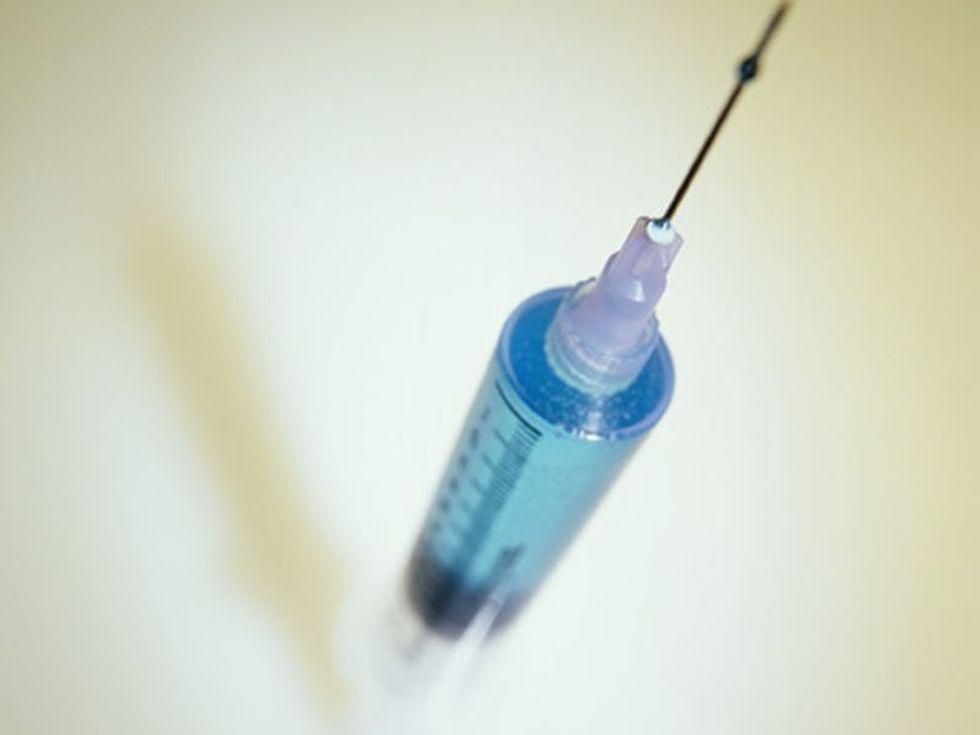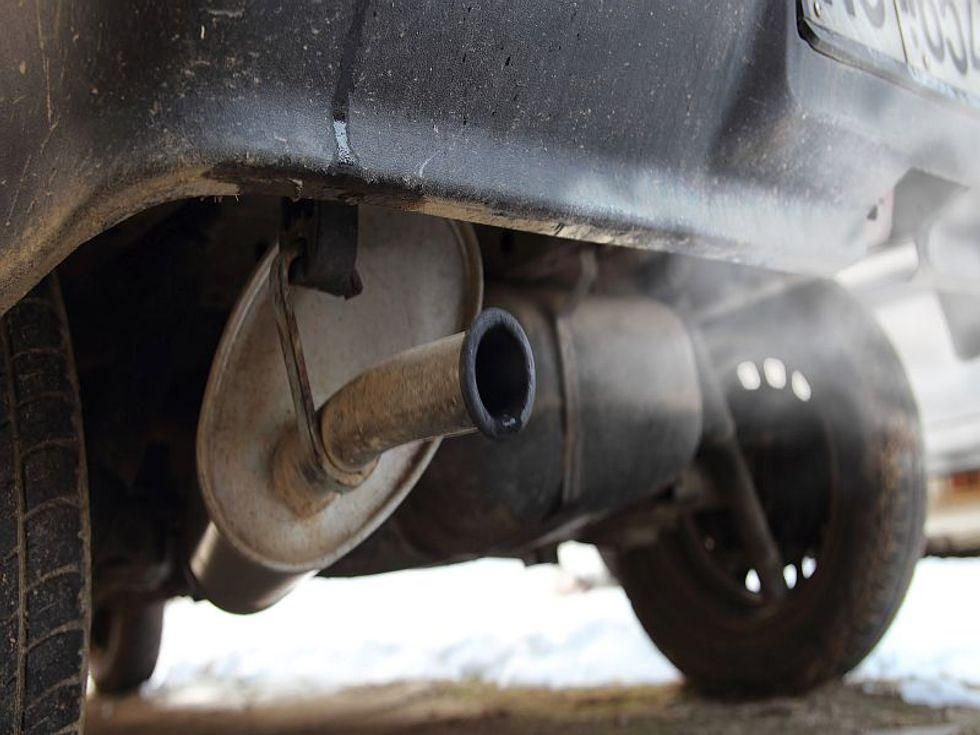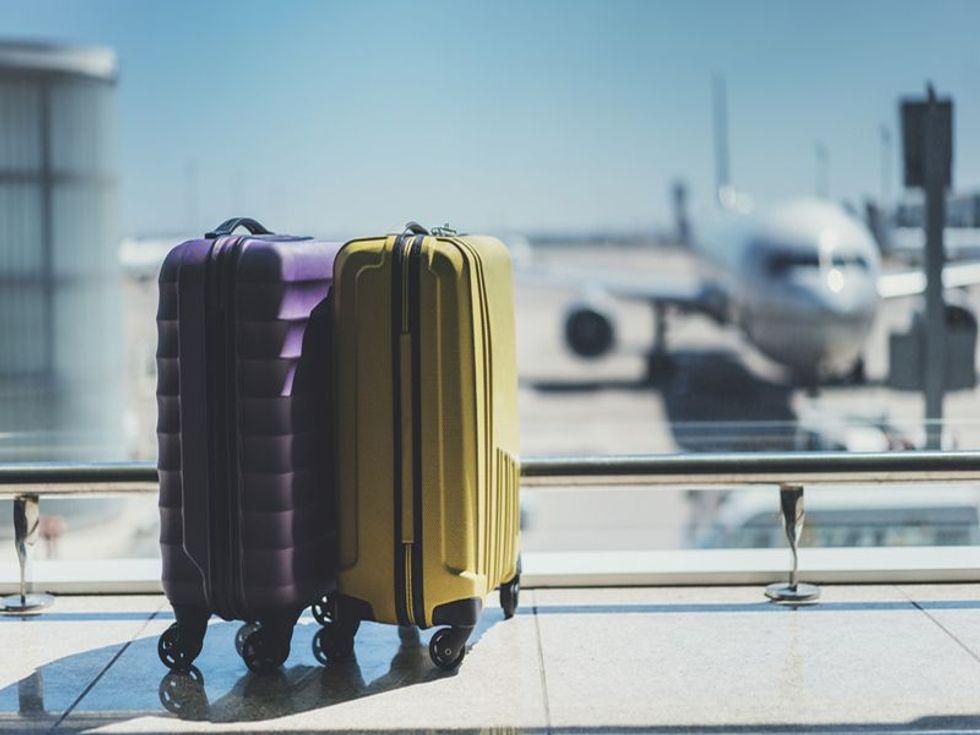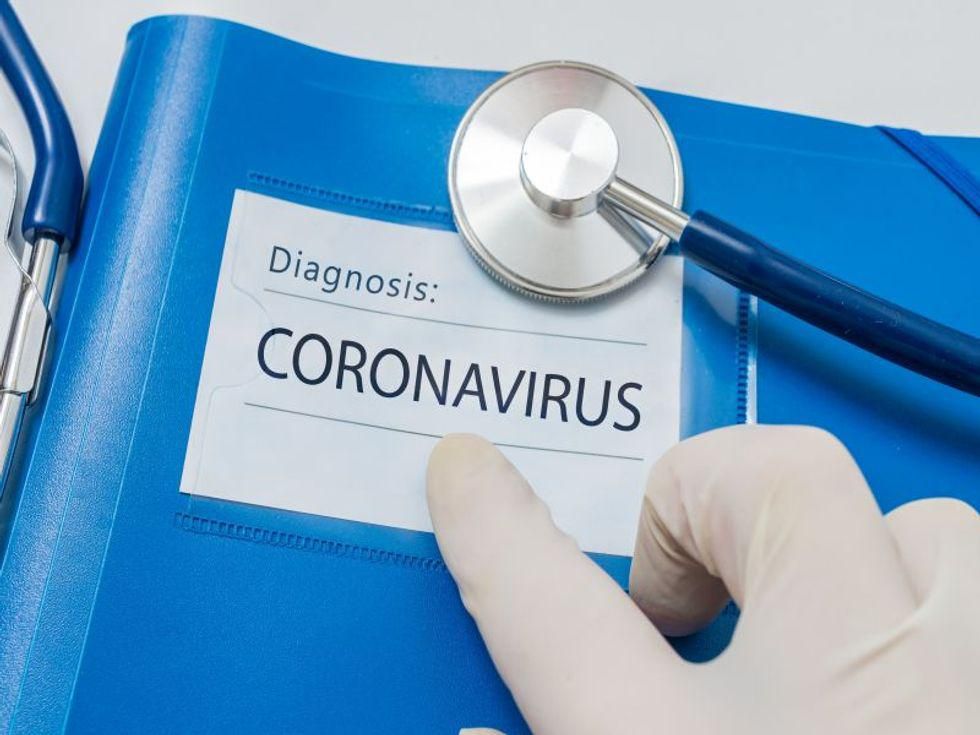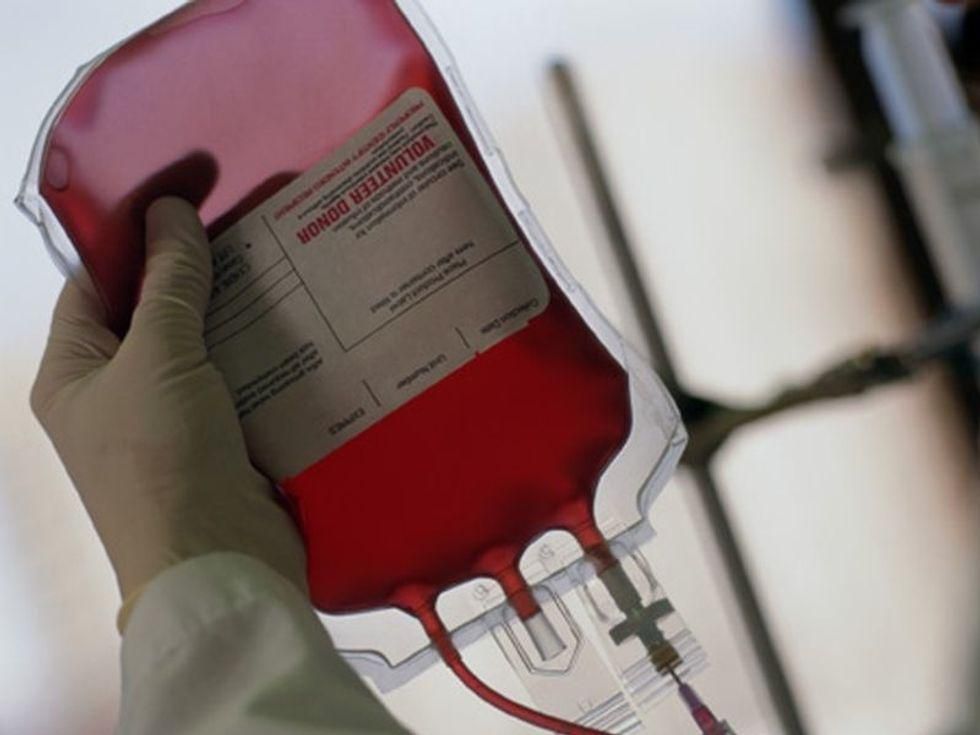
COVID-19 does not pose a threat to the safety of the United States’ blood supply under existing donor screening guidelines, researchers report. For the study, the investigators reviewed the results of tests for the presence of SARS-CoV-2 in nearly 18,000 pools of donated blood, representative of over 257,800 single blood donations that were collected between… read on > read on >










